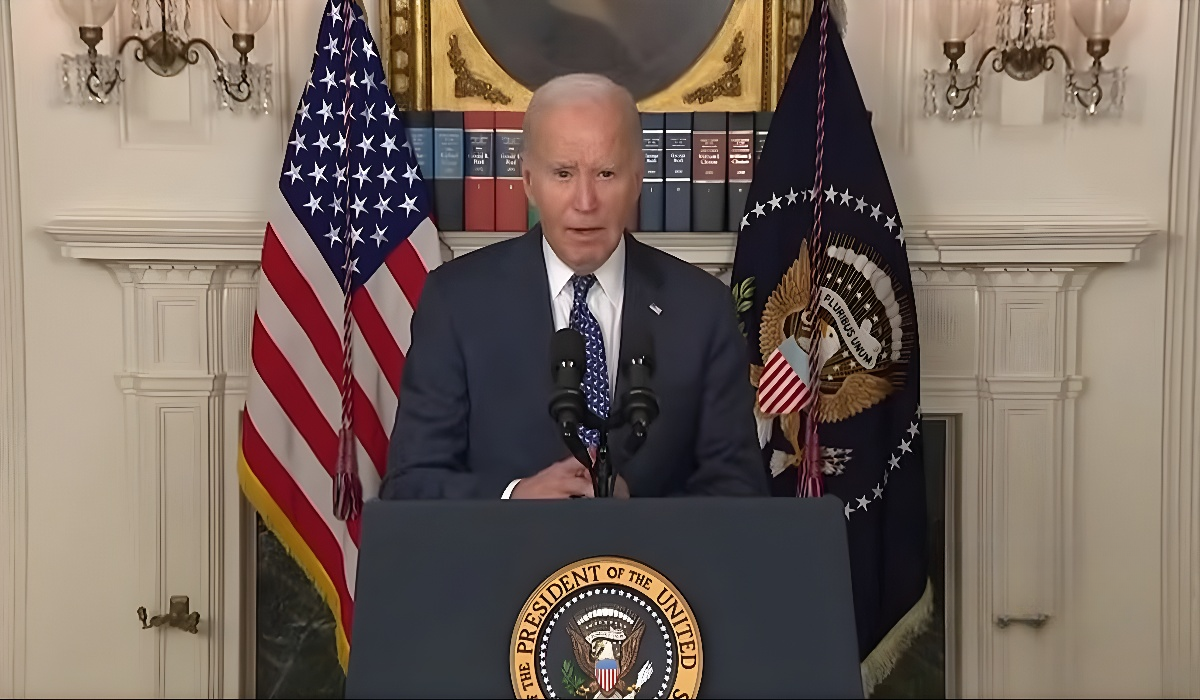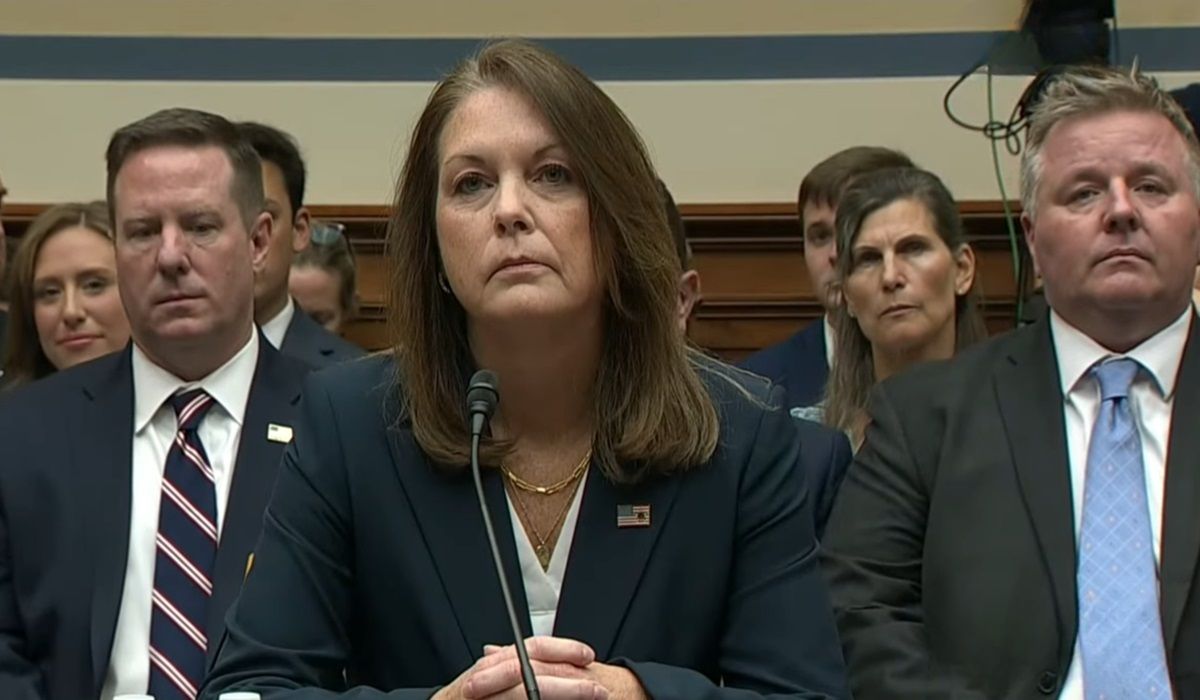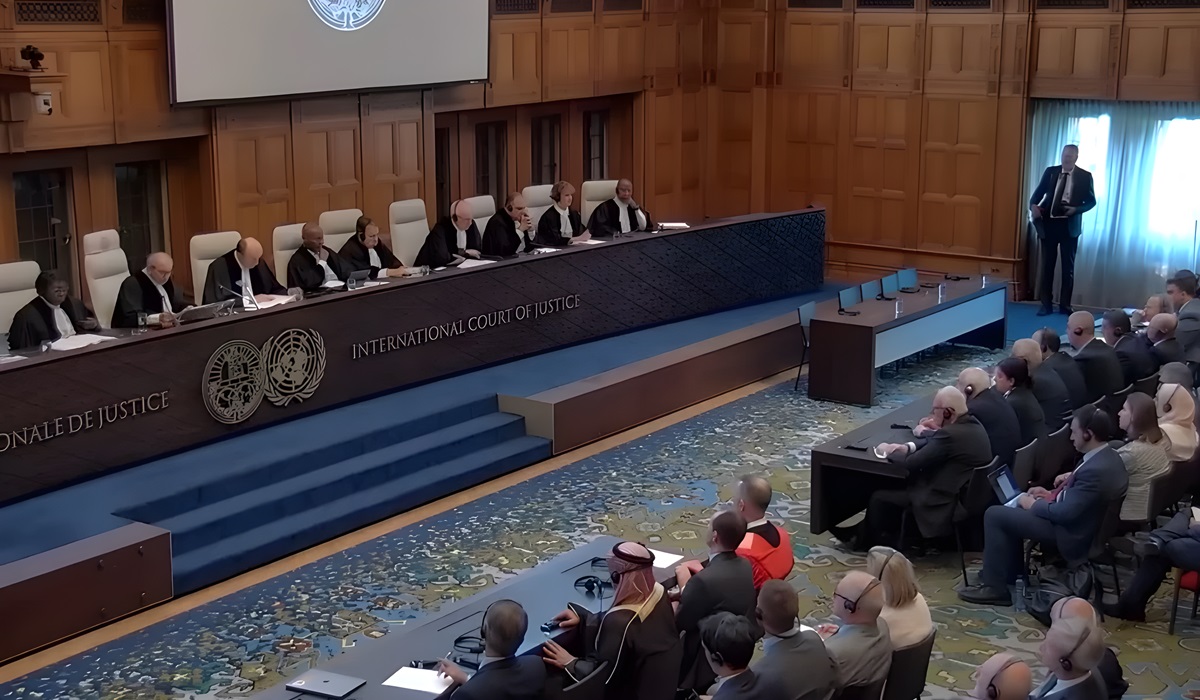Biden’s Call for Restraint: Navigating US-Israel Relations Amid Middle East Tensions
- TDS News
- Breaking News
- April 14, 2024

Amid escalating tensions in the Middle East, a myriad of misinformation floods our media streams, clouding the reality of the situation. Reports are surfacing from senior officials regarding US President Biden’s alleged advice to Israeli Prime Minister Benjamin Netanyahu to “take the win” following minimal damage sustained by Israel from Iran’s recent drone and ballistic missiles retaliatory response to Israel’s bombing of its Embassy in Syria. However, a deeper examination reveals layers of complexity and half-truths that demand scrutiny.
It would be nearly impossible for Israeli Prime Minister Netanyahu to refrain from retaliating against Iran, given the delicate nature of his coalition government and the looming threat of political fallout. With an already fractured coalition comprising extremists, any display of perceived weakness could spell the end of Netanyahu’s political career. Moreover, failure to retaliate could undermine his political standing and leave him vulnerable to facing numerous legal charges. Thus, there exists a significant incentive for Netanyahu to prolong the conflict, as he not only fights for his political future but also endeavors to evade potential legal repercussions outside of the realm of politics, ensuring his fate does not include a jail cell.
Firstly, it’s crucial to distinguish between Iran’s recent offensive, which aimed at strategic targets, in comparison to the bombing attacks on Gaza by the Israel Defence Force. The precision of Iran’s strikes indicates a calculated effort to avoid civilian casualties, contrary to indiscriminate assaults seen in the past.
Central to the discourse is the efficacy of Israel’s Iron Dome defense system, touted for its ability to intercept incoming threats. While Israeli authorities claim a staggering success rate of 99%, reports suggest otherwise. Instances of missed interceptions resulting in rockets hitting their targets raise questions about the system’s capacity. Moreover, the operational limitations, including the finite capacity to intercept projectiles and the exorbitant cost per missile, underscore the complexities of relying solely on defense mechanisms.
The narrative surrounding the Iron Dome serves as a battleground of words and electronic warfare, with misinformation wielded as a tool for various agendas. Whether to project strength, protect citizens, or deter invasion, the manipulation of information perpetuates a cycle of uncertainty and fear.
The reluctance of the United States to engage in retaliatory actions speaks volumes about the broader geopolitical implications. With American interests at stake and public sentiment wary of another Middle Eastern conflict, the Biden administration treads cautiously, prioritizing diplomatic solutions over military escalation.
However, the ripple effects of a full-scale war in the region loom large. Iran’s threats to target neighboring countries hosting US military bases, coupled with strategic chokepoints like the Strait of Hormuz and Bab-el-Mandeb , threaten to disrupt global commerce and energy markets. The economic fallout would reverberate worldwide, influencing electoral outcomes and shaping the fate of political administrations.
Amidst the rhetoric and saber-rattling, the absence of consistent global condemnation for acts of aggression on both sides remains glaring. While Iranian drone attacks prompt swift condemnation, similar actions by Israel on sovereign territory often escape comparable scrutiny. This double standard underscores the complexities of international relations and the challenges of navigating conflicting interests in the region.
Furthermore, the Biden administration faces a critical juncture in its tenure, with the specter of reelection looming large. Another full-scale war, with American lives at risk and billions of dollars in taxpayer money on the line, could spell electoral disaster. The public sentiment overwhelmingly rejects entanglement in another distant conflict, especially when Israel, a key ally, disregards diplomatic advice. President Biden must prioritize the interests of the American people over political calculations, lest he seal his own reelection fate with a misguided military intervention.
Ultimately, the stakes are high, and the consequences of missteps could be catastrophic. War, with its human toll and economic devastation, benefits only the profiteers of conflict. As the world watches with bated breath, the imperative remains clear: pursue dialogue, uphold international norms, and strive for peace, for the alternative is a path paved with uncertainty and suffering.








